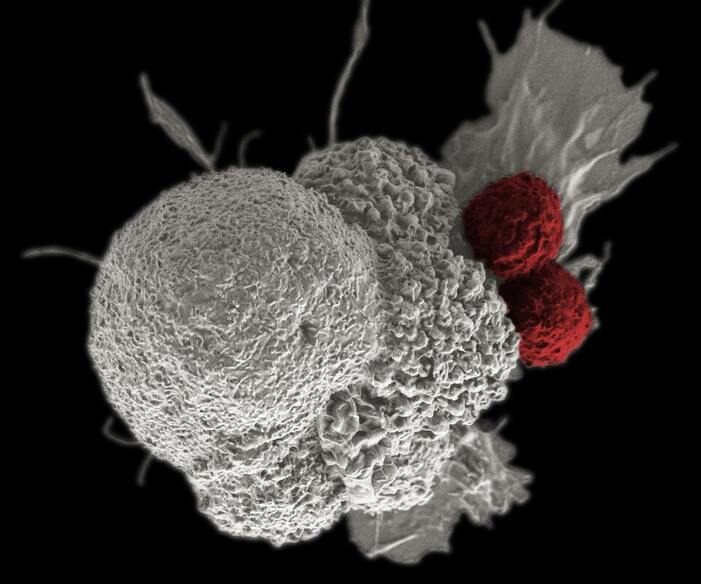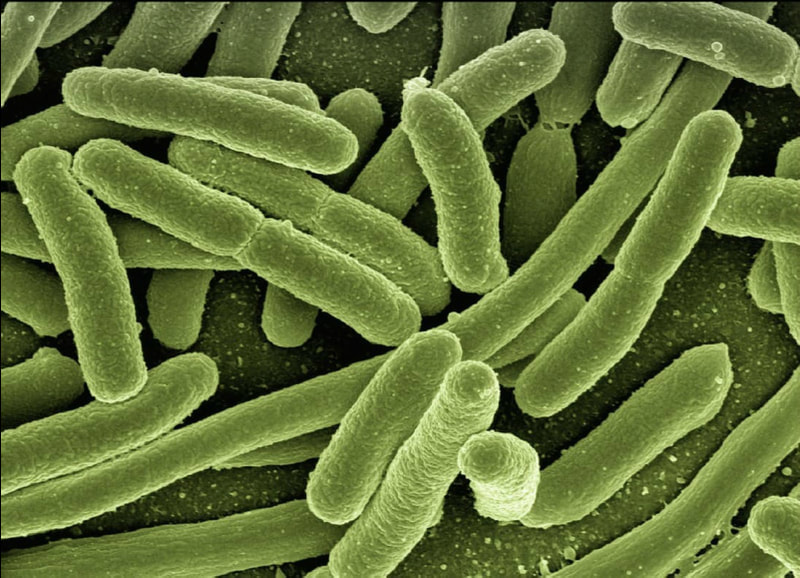Would it Really Make a Difference if I Quit Smoking Now?
The short answer is yes, absolutely! Cigarette smoking is currently the leading cause of preventable death in the United States, particularly due to how it harms nearly every single organ system and causes diseases such as cancer, stroke, diabetes, and heart disease. A single puff of cigarette smoke delivers more than 60 carcinogens, substances that cause cancer, into a human’s body. These carcinogens have the ability to damage DNA, the hereditary material that encodes information essential for organizing all biological processes. As a result, smoking-inflicted damage to the DNA interferes with normal cell growth and further leads to uncontrollable tissue expansion and cancer development. Carcinogens can also hinder the body’s immune response, which subsequently prevents those fighting cancer to regain control of their tumor growth. It is unfortunately extremely difficult to quit smoking and many people, especially those who have a long history of chronic use, assume that it is not worth quitting given the harm that has already been done. However, a recent study published in Nature found that quitting smoking increases lung recovery: upon smoking cessation, the remaining undamaged cells “step up” and multiply in number, thereby replenishing the lung’s bronchial epithelial tissue with healthy cells.
Previously conducted research has now established that people that quit smoking can avoid most of the risk associated with lung cancer, and those who quit before or during middle age avoid 90% of all tobacco-related health risks. As we age, the human body naturally acquires mutations, which generally don’t exceed a few thousand per cell in those leading a healthy lifestyle. Researchers found, however, that smokers have an alarming amount of these mutations—an average of 5,300 per cell, whereas former smokers have only 2,300 mutations per cell. Of increasing interest was uncovering why bronchial epithelial cells of ex-smokers appeared to be “younger” than those of active smokers. This comparison of cell “age” was accomplished by analyzing each subject’s telomeres, the so-called “caps” on the ends of DNA strands that protect the genome from damage (akin to aglets on shoelaces). In former smokers, telomeres were found to be considerably longer than those of current smokers, where smoking-induced damage likely whittled them away. The scientists also hypothesized that there must be a pool of healthy cells in human lungs that had avoided mutation, thereby enabling the repair of the lung tissues and replenishment of a healthy tissue community.
Previously conducted research has now established that people that quit smoking can avoid most of the risk associated with lung cancer, and those who quit before or during middle age avoid 90% of all tobacco-related health risks. As we age, the human body naturally acquires mutations, which generally don’t exceed a few thousand per cell in those leading a healthy lifestyle. Researchers found, however, that smokers have an alarming amount of these mutations—an average of 5,300 per cell, whereas former smokers have only 2,300 mutations per cell. Of increasing interest was uncovering why bronchial epithelial cells of ex-smokers appeared to be “younger” than those of active smokers. This comparison of cell “age” was accomplished by analyzing each subject’s telomeres, the so-called “caps” on the ends of DNA strands that protect the genome from damage (akin to aglets on shoelaces). In former smokers, telomeres were found to be considerably longer than those of current smokers, where smoking-induced damage likely whittled them away. The scientists also hypothesized that there must be a pool of healthy cells in human lungs that had avoided mutation, thereby enabling the repair of the lung tissues and replenishment of a healthy tissue community.
Image Source: National Cancer Institute
Given these new understandings, smoking cessation remains a top priority for healthcare professionals and communities alike. This is hampered by how quitting smoking can be especially challenging due to biological addictions to nicotine—a highly addictive chemical in tobacco. As a result, smoking cessation may entail the experience of symptoms such as anxiety, tobacco craving, irritability, and weight gain; however, the health benefits of quitting smoking significantly outweigh these initial challenges. According to the Centers for Disease Control and Prevention (CDC), quitting smoking is associated with a sharp reduction of risk for heart attacks after one year as well as an overall reduced risk for many cancer, heart, and respiratory diseases. Stroke risk is also dramatically decreased after two to five years of cessation, with levels approaching that of non-smokers. There are many resources that provide smoking cessation aid, which include over-the-counter and prescription nicotine replacement products, counseling, behavioral therapy, and other resources. If you find yourself asking whether it’s worth it to quit, rest assured that smoking cessation, and the ever-increasing amount of health benefits it enables, is achievable. Please refer to the above-mentioned resources, talk to your doctor, or call the hotline 1-800-QUIT-NOW to get help and receive more information about smoking cessation.
Featured Image Source: Pixabay
RELATED ARTICLES
|
Vertical Divider
|
Vertical Divider
|
Vertical Divider
|






